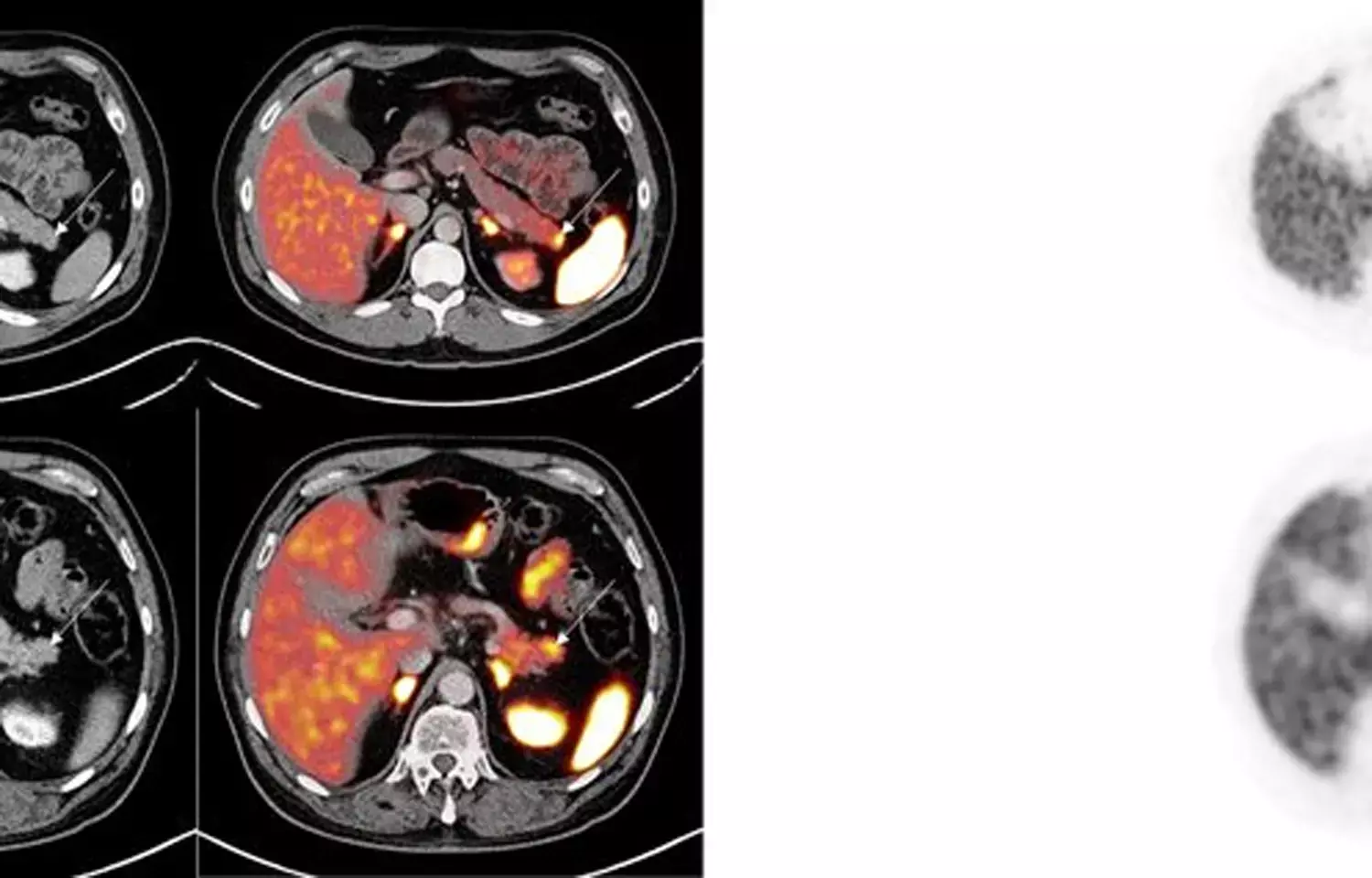- Home
- Medical news & Guidelines
- Anesthesiology
- Cardiology and CTVS
- Critical Care
- Dentistry
- Dermatology
- Diabetes and Endocrinology
- ENT
- Gastroenterology
- Medicine
- Nephrology
- Neurology
- Obstretics-Gynaecology
- Oncology
- Ophthalmology
- Orthopaedics
- Pediatrics-Neonatology
- Psychiatry
- Pulmonology
- Radiology
- Surgery
- Urology
- Laboratory Medicine
- Diet
- Nursing
- Paramedical
- Physiotherapy
- Health news
- Fact Check
- Bone Health Fact Check
- Brain Health Fact Check
- Cancer Related Fact Check
- Child Care Fact Check
- Dental and oral health fact check
- Diabetes and metabolic health fact check
- Diet and Nutrition Fact Check
- Eye and ENT Care Fact Check
- Fitness fact check
- Gut health fact check
- Heart health fact check
- Kidney health fact check
- Medical education fact check
- Men's health fact check
- Respiratory fact check
- Skin and hair care fact check
- Vaccine and Immunization fact check
- Women's health fact check
- AYUSH
- State News
- Andaman and Nicobar Islands
- Andhra Pradesh
- Arunachal Pradesh
- Assam
- Bihar
- Chandigarh
- Chattisgarh
- Dadra and Nagar Haveli
- Daman and Diu
- Delhi
- Goa
- Gujarat
- Haryana
- Himachal Pradesh
- Jammu & Kashmir
- Jharkhand
- Karnataka
- Kerala
- Ladakh
- Lakshadweep
- Madhya Pradesh
- Maharashtra
- Manipur
- Meghalaya
- Mizoram
- Nagaland
- Odisha
- Puducherry
- Punjab
- Rajasthan
- Sikkim
- Tamil Nadu
- Telangana
- Tripura
- Uttar Pradesh
- Uttrakhand
- West Bengal
- Medical Education
- Industry
Imaging with PET/CT with Ga-68 tracer helps in accurate staging in cancer patients: Study

Germany: Attaching gallium-68 (Ga-68) to a fibroblast activation protein inhibitor (FAPI) may help to achieve greater accuracy with PET/CT in staging pancreatic ductal adenocarcinoma (PDAC) patients,finds a recent study. Findings of the study, published in the Journal of Nuclear Medicine, suggests that the clinical value of 68Ga-FAPI - PET/CT should be further investigated.
Early detection and accurate staging are critical to prolonging survival in PDAC -- a highly lethal cancer. PDAC has cancer-associated fibroblasts (CAFs) that expresses FAP -- a new target molecule for PET imaging of various tumors. Manuel Röhrich, University Hospital Heidelberg, Germany; and colleagues in this retrospective study, described the clinical impact of PET/CT imaging using 68Ga-labelled FAP-Inhibitors (68Ga-FAPI - PET/CT) in 19 patients with PDAC (7 primary, 12 progressive/recurrent).
All the patients who were included in this study had undergone enhanced Computed Tomography (ceCT) for TNM staging before being subjected to 68Ga-FAPI - PET/CT imaging. 60 minutes after administration of 150-250 MBq of 68Ga-labelled FAP-specific tracers, PET-scans were acquired. Additional scans after 10 minutes and/or 180 minutes were performed in six patients in order to characterize 68Ga-FAPI-uptake over time. SUVmax and SUVmean values of PDAC manifestations and healthy organs were analyzed. The tumor burden according to 68Ga-FAPI - PET/CT was compared to TNM staging based on ceCT and changes in oncological management were recorded.
Key findings of the study include:
- Compared to ceCT, 68Ga-FAPI - PET/CT results led to changes in TNM staging in 10/19 patients. 8/12 patients with recurrent/progressive disease, were up-staged, 1 down-staged and 3 had no change.
- In newly diagnosed PDAC, 1/7 patients was up-staged, the staging of 6 patients did not change.
- Changes in oncological management occurred in seven patients.
- Markedly elevated uptake of 68Ga-FAPI in PDAC manifestations after 1 hour was seen in most cases.
- Differentiation from pancreatitis based on static imaging 1 hour p.i. was challenging.
- With respect to imaging after multiple time points, PDAC and pancreatitis showed a trend for differential uptake kinetics.
"68Ga-FAPI - PET/CT led to restaging in half of patients with PDAC and most patients with recurrent disease compared to standard of care imaging. The clinical value of 68Ga-FAPI - PET/CT should be further investigated," concluded the authors.
The study, "Impact of 68Ga-FAPI-PET/CT imaging on the therapeutic management of primary and recurrent pancreatic ductal adenocarcinomas," is published in the Journal of Nuclear Medicine.
DOI: http://jnm.snmjournals.org/content/early/2020/10/23/jnumed.120.253062.abstract
Dr Kamal Kant Kohli-MBBS, DTCD- a chest specialist with more than 30 years of practice and a flair for writing clinical articles, Dr Kamal Kant Kohli joined Medical Dialogues as a Chief Editor of Medical News. Besides writing articles, as an editor, he proofreads and verifies all the medical content published on Medical Dialogues including those coming from journals, studies,medical conferences,guidelines etc. Email: drkohli@medicaldialogues.in. Contact no. 011-43720751


